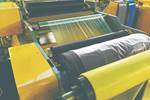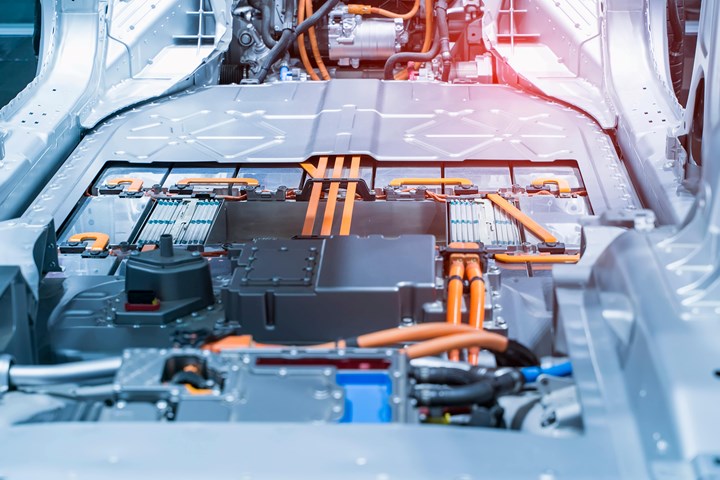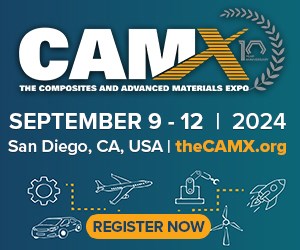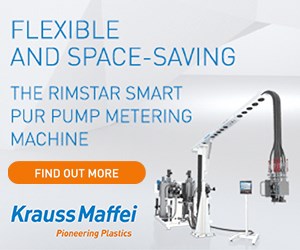OSCiAl, Genius graphene nanotubes advance EV battery pack properties
Addition of graphene nanotubes to fiberglass-filled polyphenylene sulfide solution make it possible to preserve high thermal and chemical resistance together with stable electrical conductivity.
Genius, a Chinese company specializing in engineered plastics and new composite materials together with graphene nanotubes producer OCSiAl (Luxembourg and Columbus, Ohio, U.S.), has developed an advanced engineering solution for electric vehicle (EV) battery packs. The solution uses glass fiber-filled polyphenylene sulfide (PPS), with 0.3 wt.% graphene nanotubes replacing 10 wt.% conductive carbon black. The final parts show surface resistivity of 103 Ohms per square after injection molding and are said to fully meet the high battery standard.
According to OCSiAl, traditional agents added into thermoplastics have numerous drawbacks, increasing the number of out-of-spec parts and forcing producers to make compromises in performance. Carbon black, for example, doesn’t provide stable and homogenous electrical conductivity, while carbon fiber is unable provide targeted low resistivity.
“In contrast to conventional additives, graphene nanotubes used at an ultra-low concentration make it possible to preserve the distinctive chemical and thermal performance of high glass-filled PPS, including its dimensional stability at ambient conditions,” Loyes Zhi, managing director of sales and commercial for Greater China and SEA, OCSiAl Group, says. “Graphene nanotubes also preserve the required melt flow index [MFI] level and impact viscosity, thereby providing acceptable injectability, which is hard to achieve using multi-wall carbon nanotubes.”
An easy-to-handle pre-dispersed concentrate of nanotubes, Tuball Matrix, offered by OCSiAl, enables good processability and the freedom to incorporate other functional ingredients. Permanent homogenous resistivity without “hot spots,” retained color, good surface quality and high performance of the battery pack are all features cited by OSCiAl that reduce the assembly costs of battery enclosures, increasing their safety, durability, compliance and affordability, which are the major drivers on the EV market.
Related Content
-
Novel dry tape for liquid molded composites
MTorres seeks to enable next-gen aircraft and open new markets for composites with low-cost, high-permeability tapes and versatile, high-speed production lines.
-
Sulapac introduces Sulapac Flow 1.7 to replace PLA, ABS and PP in FDM, FGF
Available as filament and granules for extrusion, new wood composite matches properties yet is compostable, eliminates microplastics and reduces carbon footprint.
-
Materials & Processes: Composites fibers and resins
Compared to legacy materials like steel, aluminum, iron and titanium, composites are still coming of age, and only just now are being better understood by design and manufacturing engineers. However, composites’ physical properties — combined with unbeatable light weight — make them undeniably attractive.














